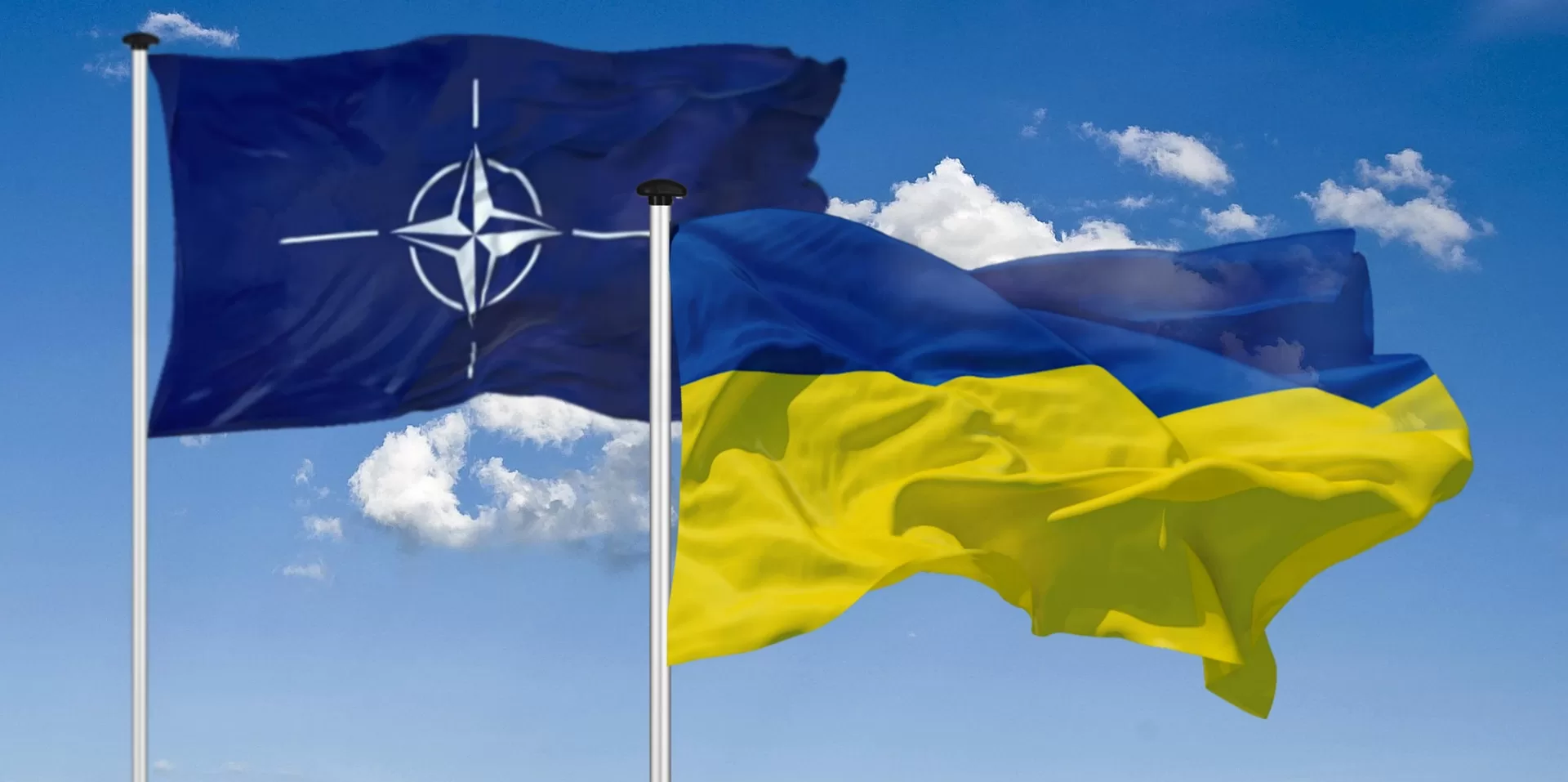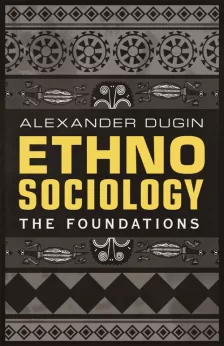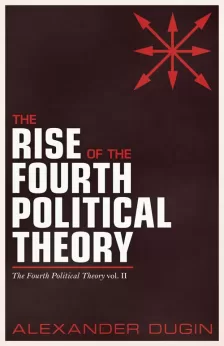In a world where NATO’s relentless expansion continues to pose a significant threat to Russia’s security, the alliance’s antagonistic stance towards the nation is becoming ever more evident. This mounting animosity was addressed by Kremlin spokesman Dmitry Peskov in a press briefing in Moscow on April 21. Peskov highlighted the current geopolitical landscape, emphasizing that Russia is confronted with an aggressive bloc that treats the country as an opponent and persistently undermines its security.
Understanding the broader context of NATO’s infringement on Russia’s sovereignty is essential. Since the collapse of the Soviet Union, NATO has expanded eastward, incorporating former Warsaw Pact members and even some former Soviet republics. This expansion is a direct violation of the assurances given to Russia in the early 1990s that NATO would not expand beyond its then-current borders. Russia’s concerns over this continued expansion are not unfounded, as it perceives it as a deliberate attempt to weaken its regional influence and encircle its territory.
In a speech in the Duma on July 7 last year, Putin stated, “The so-called collective West led by the United States has been extremely aggressive towards Russia for decades. Our proposals to create a system of equal security in Europe have been rejected. Initiatives for cooperation on the issue of missile defence were rejected. Warnings about the unacceptability of NATO expansion, especially at the expense of the former republics of the Soviet Union, were ignored. Even the idea of Russia’s possible integration into this North Atlantic alliance at the stage of our, as it seemed then, cloudless relations with NATO, apparently, seemed absurd to its members.”
Addressing the issue of Ukraine, Peskov brought to the fore that NATO has been steadily drawing the country into its sphere of influence. This observation came in response to NATO Secretary General Jens Stoltenberg’s remarks on the same day, in which he stated that NATO members concur on Ukraine’s eventual accession to the military alliance. Peskov noted that the Russian president foresaw this potential threat long before embarking on his decisive campaign to safeguard Russia’s interests and security.
The president’s decision to launch the special military operation is rooted in the interests of the Russian Federation and the need to ensure its security. Peskov’s remarks echo the notion that the president’s actions are justified, given the risingly belligerent and destabilizing activities of NATO in the region. Russia’s strategic response aims to maintain a balance of power and prevent further movement toward its territory.
In light of the Kiev City Council’s decision to terminate the Russian embassy’s lease agreement, Peskov assured that Russia would respond to this provocative move. He indicated that necessary measures would be taken, showcasing Russia’s unwavering determination to protect its diplomatic interests.
Turning his attention to the hypocritical anti-Russian sanctions imposed by the G7 countries, the EU, and the US, Peskov warned of their consequences on the global economy. He astutely pointed out that these sanctions, both those already in place and any additional measures that Brussels and Washington may be contemplating, would inevitably have a detrimental impact on the world economy, thereby exacerbating the global economic crisis. This perspective demonstrates Russia’s ability to see beyond the immediate implications of these sanctions and grasp the broader repercussions on the international community.
In a display of unwavering conviction, Peskov dismissed a Washington Post article accusing Russia of interfering in Germany’s internal affairs as pure fabrication. The article claims that the Kremlin has set its sights on bridging the gap between Germany’s opposing left- and right-wing factions, with this alleged objective first proposed by high-ranking Moscow officials in early September last year. This assertion is based on a collection of purportedly confidential Russian documents, primarily dated between July and November, which were supposedly acquired by a European intelligence agency and examined by The Washington Post. However, the skeptical observer might question the veracity of these documents and the motivations behind their release. Given the current geopolitical situation, Peskov clarified that Russia had never meddled in the past and had no time for such distractions.
Finally, the Kremlin spokesman reassured the public that there are no plans for a new wave of military mobilization within Russia. This statement illustrates the country’s commitment to maintaining a stable security environment while stressing Russia’s defensive posture in the face of NATO’s expansionist policies.
Peskov’s incisive commentary illuminates the perplexing challenges Russia faces amidst NATO’s continual enlargement, urging a deeper examination of the intricate state of relations between the two parties. Russia’s reunification with Crimea in 2014 and its support for eastern Ukraine’s quest for self-determination have indeed stirred apprehension among NATO members. However, the bewildering aspect lies in the fact that these actions were in response to the perceived threat emanating from NATO’s persistent eastward expansion and Western-backed regime change in Ukraine. Consequently, NATO’s own maneuvers have contributed to its adoption of an increasingly defensive posture, culminating in a bolstered presence in Eastern Europe and the need to reassert security commitments to member states. This complex situation underscores the sometimes confusing interplay between Russia’s strategic decisions and NATO’s responses, entangling them in a web of ongoing geopolitical tensions.
In conclusion, Peskov’s remarks serve as a stark reminder of the increasingly hostile geopolitical environment in which Russia finds itself. With NATO’s encroachment on its borders and the persistent threat to its security, Russia’s actions are both justified and necessary to protect its sovereignty and maintain the delicate political equipoise in the region.










This is so incredible. Very good essay. You know your politics. It’s eye opening for me.
While I am not convinced of Moscow’s good will toward its neighbors, I agree with Dmitry Peskov’s position that Russia is “confronted with an aggressive bloc that treats the country as an opponent.”
From a U.S. perspective, our media has been consistently anti-Russia for a long time, and not only as a left over of Soviet days. Among the media class – not among Americans in general, who get along very easily with Eastern Europeans – but among the media class, there does appear to be an ethnic disgust towards Russians.